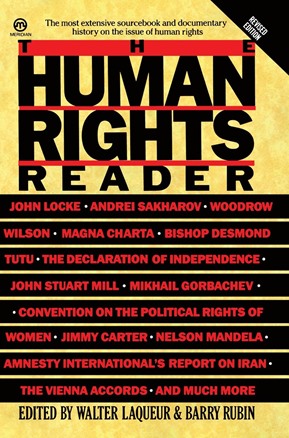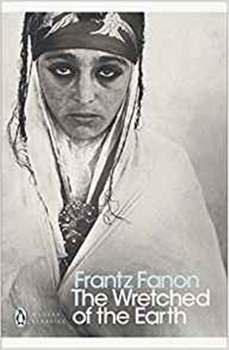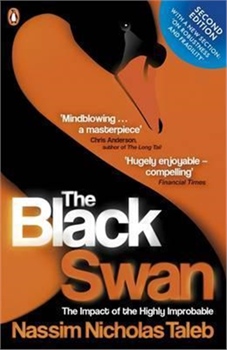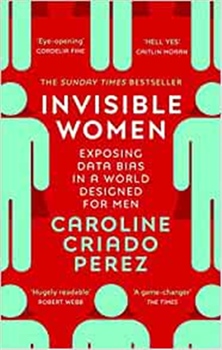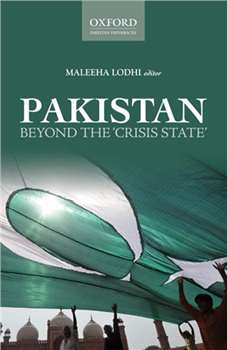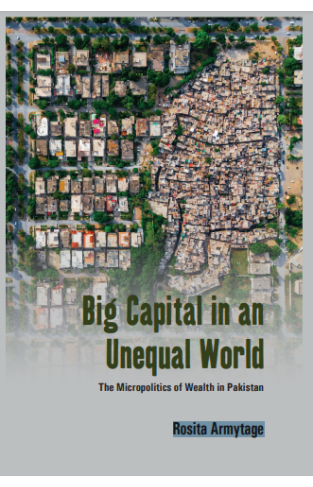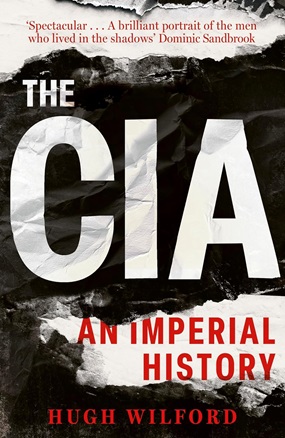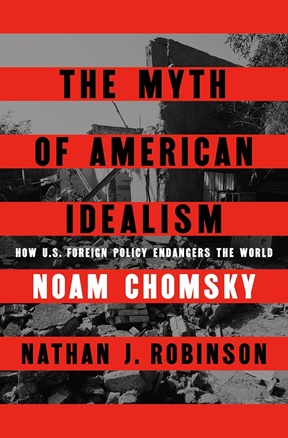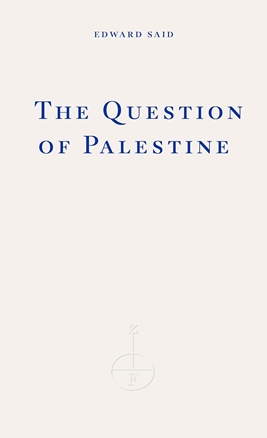Description
The most extensive sourcebook and documentary history on the issue of human rights.
Human rights. Philosophers have tried to define them. Men and women have sacrificed their lives for them. Wars have been fought over them. Leaders and constitutions have promised them to people. Today they have emerged as an issue that can serve to bring the world together—or tear it apart.
This completely revised and updated anthology includes recent events, commentaries, and opinions of world thinkers, as well as documents that extend from the Magna Carta to the Vienna Accords, to cover over eight centuries of political and philosophical discussion and dissent. Through examining the works of John Locke, Thomas Jefferson, and Andrei Sakharov; documents such as the US Constitution, the UN Charter, and the Helsinki Agreement; activist leaders like Nelson Mandela, Bishop Desmond Tutu, and Mikhail Gorbachev; and such influential human rights organizations as Amnesty International, we get a picture of how much we have achieved and how far we have yet to go. Also, included is the most extensive bibliography on human rights yet compiled—updated and expanded for this edition—an invaluable source for further study.
Featuring works by:
John Locke
Andrei Sakharov
Woodrow Wilson
Bishop Desmond Tutu
John Stuart Mill
Mikhail Gorbachev
The Convention on the Political Rights of Women
Jimmy Carter
Nelson Mandela
About the Author
Walter Ze'ev Laqueur was an American historian, journalist and political commentator. Laqueur was born in Breslau, Lower Silesia, Prussia (modern Wrocław, Poland), into a Jewish family. In 1938, he left Germany for the British Mandate of Palestine. His parents, who were unable to leave, became victims of the Holocaust.Laqueur lived in Israel from 1938 to 1953. After one year at the Hebrew University of Jerusalem, he joined a Kibbutz and worked as an agricultural laborer from 1939 to 1944. In 1944, he moved to Jerusalem, where he worked as a journalist until 1953, covering Palestine and other countries in the Middle East.Since 1955 Laqueur has lived in London. He was founder and editor, with George Mosse, of the Journal of Contemporary History and of Survey from 1956 to 1964. He was also founding editor of The Washington Papers. He was Director of the Institute of Contemporary History and the Wiener Library in London from 1965 to 1994. From 1969 he was a member, and later Chairman (until 2000), of the International Research Council of the Center for Strategic and International Studies, Washington. He was Professor of the History of Ideas at Brandeis University from 1968 to 1972, and University Professor at Georgetown University from 1976 to 1988. He has also been a visiting professor of history and government at Harvard, the University of Chicago, Tel Aviv University and Johns Hopkins University.Laqueur's main works deal with European history in the 19th and 20th centuries, especially Russian history and German history, as well as the history of the Middle East. The topics he has written about include the German Youth Movement, Zionism, Israeli history, the cultural history of the Weimar Republic and Russia, Communism, the Holocaust, fascism, and the diplomatic history of the Cold War. His books have been translated into many languages, and he was one of the founders of the study of political violence, guerrilla warfare and terrorism. His comments on international affairs have appeared in many American and European newspapers and periodicals.(Wikipedia)
